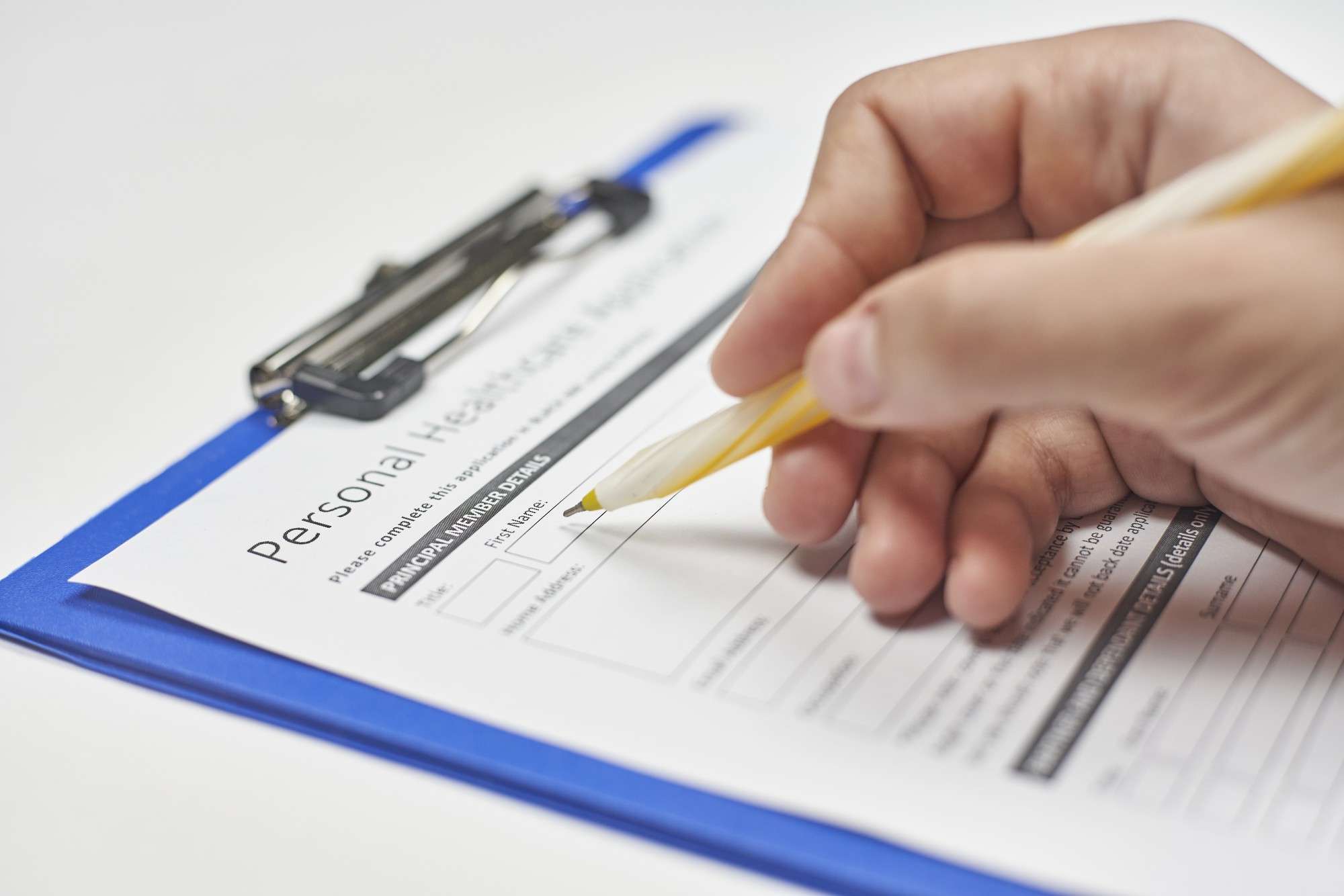When should Probate be Applied For?

Probate is a legal process that takes place after someone passes away. It involves the validation of the deceased’s will, the settling of their estate, and the distribution of their assets according to their wishes or state laws if no will exists. Applying for probate is a crucial step in this process, but determining the right time to apply can be complex. Here’s an in-depth look at when probate should be applied for, broken down into key stages and considerations.
1. Understanding Probate
Probate serves several functions:
- Validating the Will: Ensures that the deceased’s will is authentic and legally binding.
- Appointing Executors: Officially recognizes the executors named in the will or appoints an administrator if there is no will.
- Paying Debts and Taxes: Ensures all outstanding debts and taxes are settled.
- Distributing Assets: Oversees the distribution of the deceased’s estate according to the will or state laws if no will is present.
2. Timing for Probate Application
1. Immediate Action After Death:
- Certificate of Death: Obtain an official death certificate. This document is essential for all subsequent steps, including initiating probate.
- Locate the Will: Find the deceased’s will, if one exists. The will typically needs to be filed with the probate court.
2. Assessing the Estate:
- Valuing the Estate: Before applying for probate, it’s important to get a clear picture of the estate’s value. This includes real estate, bank accounts, investments, and personal belongings.
- Debts and Liabilities: Identify any outstanding debts or liabilities. This will influence the probate process and the estate’s financial management.
3. Determining the Need for Probate:
- Simple Estates: In some cases, estates are small or straightforward enough that they may not require full probate proceedings. For example, if the deceased’s assets are jointly held or if there are transfer-on-death accounts, probate might be unnecessary.
- Complex Estates: If the estate includes significant assets, real estate, or if there are disputes among heirs, probate is generally required.
4. Filing for Probate:
- Jurisdiction: Probate must be filed in the court of the county where the deceased resided at the time of death.
- Documentation: Prepare and file necessary documents, including the will, death certificate, and any required petitions. Consult with an attorney to ensure that all paperwork is correctly completed.
5. Notification Requirements:
- Informing Heirs and Beneficiaries: Notify all parties who have an interest in the estate. This often includes heirs, beneficiaries named in the will, and potentially creditors.
- Publication: Some jurisdictions require that notice of probate proceedings be published in a local newspaper to inform creditors and other interested parties.
3. Administrative Considerations
1. Executor’s Responsibilities:
- Gathering Assets: The executor must collect and safeguard the deceased’s assets during probate.
- Managing the Estate: Overseeing the payment of debts, taxes, and administrative costs falls under the executor’s duties.
- Reporting: Regularly updating the court and beneficiaries about the progress of the estate administration.
2. Duration of Probate:
- Complexity and Size: The length of the probate process varies widely. Simple estates might be settled in a few months, while complex estates could take several years.
- Potential Delays: Delays can arise from disputes among heirs, complications in asset valuation, or lengthy creditor claims processes.
4. Legal and Practical Considerations
1. Consulting an Attorney:
- Legal Guidance: Probate laws can be complex and vary by jurisdiction. Consulting an estate attorney can help navigate the legal intricacies and ensure that all legal requirements are met.
- Conflict Resolution: An attorney can assist in resolving disputes among beneficiaries or addressing any issues that arise during probate.
2. Estate Planning:
- Avoiding Probate: To avoid probate, some individuals use trusts or other estate planning tools. These methods can streamline the process and potentially reduce the time and cost involved.
3. Costs Involved:
- Court Fees and Attorney Costs: Probate can incur various costs, including court fees, attorney fees, and costs related to valuing and managing the estate.
- Estate Value: The complexity and size of the estate will influence the overall costs.
5. Conclusion
Applying for probate is a significant step in managing a deceased person’s estate. The timing for filing depends on several factors, including the complexity of the estate, the presence of a will, and the legal requirements of the jurisdiction. Immediate steps should include obtaining a death certificate and locating the will, followed by assessing the estate’s value and determining if probate is necessary. Filing for probate involves preparing and submitting required documents, notifying interested parties, and managing the estate according to legal requirements.
At Welland Valley Legal we aim to take that stress away, take on the responsibility and guide you through the process in a calm, professional and caring manner.